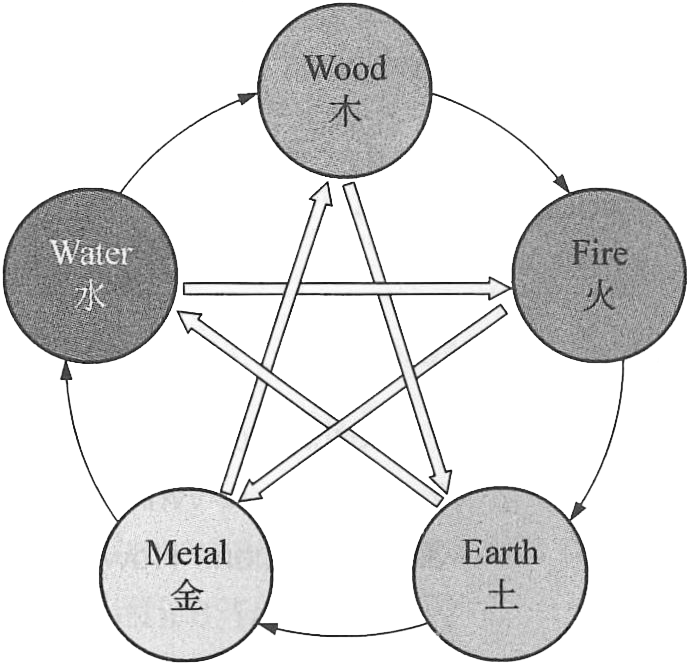
Fig. 2-4 The relations of the five phases
Text
Five-phase theory is one of the philosophical* theories of medical practice in ancient China, concerning the composition* and evolution* of the physical universe, epitomized* by the nature and the inhibition-generation relationships* of the five phases — wood, fire, earth, metal and water — serving as the guiding ideology* and methodology* of physiology, pathology, clinical diagnosis and treatment.
There are four basic relationships among the five phases, namely engendering, restraining, overwhelming and rebellion. The engendering and restraining are physiologically related and therefore promotes the wellness of the human body, while the overwhelming and rebellion relations are pathological relations and therefore cause diseases. Fig. 2-4 lists these relations.

Fig. 2-4 The relations of the five phases

Fig. 2-5 Physiological relations of the five phases
Engendering is the relationship in which each phase and its associated phenomena give rise to or, promote another sequential phase. Wood feeds or engenders fire, fire creates or engenders earth (ash) , earth bears or engenders metal, metal carries. as in a bucket or tap or engenders water, and water nourishes or engenders wood; thus, engendering is a circular and endless process.
Restraining is the relationship in which each phase and its associated phenomena restrict, check or control another phase. Wood restrains earth, earth restrains water, water restrains fire, fire restrains metal, and metal restrains wood. Thus, restraining is also a circular and endless process. Engendering and restraining relations are illustrated in Fig. 2-5.
Inhibition and generation* relation, and mother and child inter-affecting* relation emerged from the above concept. The inhibition and generation relations refer to the influence that one phase exerts upon another to keep things in balance, i. e. the hyperactivity of one phase would lead to its restriction by another phase, making it back to normal. Mother and child inter-affecting refers to the influence of one phase exerted on the phase it engenders or the phase it is engendered by. If a mother phase is weak, the mother cannot engender the child well and the child will be weak as well; on the other hand, if a mother is over-active, the mother engenders the child too much and the child will be over-active. Similarly, a child affects a mother when the child is in trouble or sick.
Overwhelming is the abnormally severe restraining of the five phases in the same sequence as normal restraining, for example, water overwhelms fire, fire overwhelms metal; it is also known as over-acting. Rebellion is restraining opposite to that of the normal restraining sequence of the five phases. It is counter-restraining, for example, wood repels metal, metal repels fire.